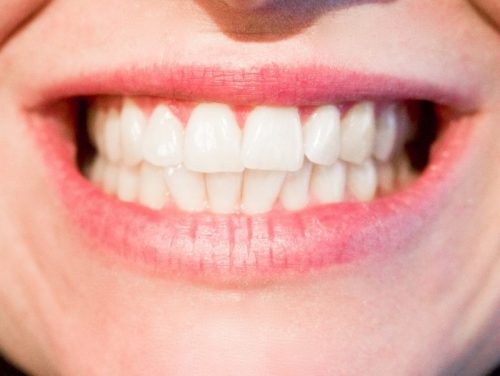Brushing Your Teeth Can Decrease Doctor Visits
You hear why it is important to brush and floss your teeth regularly and visit your dentist a few times every year from your parents, dentist, and the media. But did you know good oral hygiene can help your physical health and potentially reduce the number of doctor visits you have throughout life?
Many don’t know that research and science show taking care of your teeth and gums can help reduce the risk of heart disease, diabetes, osteoporosis, and rheumatoid arthritis. Here’s how your oral habits can affect your overall well-being:
Gum Disease and Heart Disease
According to Harvard Health Publishing, people who suffer from gum disease (periodontitis), are two to three times more likely to have heart disease. Experts suggest that those who fail to practice a good oral routine, likely fail to follow other health routines, which can lead to a host of health problems including heart disease.
So, just exactly does oral health affect cardiac health? To enjoy good oral health you must limit your sugar intake, maintain a healthy weight, and avoid smoking. Studies show that inflammation can contribute to the inflammation of the blood vessels, whereas plaque buildup in the mouth has a connection to plaque in blood vessels.
Takeaway: Good oral health practices can decrease your risks for gum disease and heart disease.
Oral Care and Osteoporosis
Osteoporosis is a disease that occurs when your body loses bone and/or doesn’t make enough bone. As a result, your bones become weak and brittle, which often leads to fractures. This condition is common in older people, with women at a higher risk. How does oral care affect your bones?
The National Institutes of Health (NIH) Osteoporosis and Related Bone Diseases National Resource Center reports a strong connection between osteoporosis and tooth loss. Studies indicate women who suffer from osteoporosis are three times more likely to lose their teeth. At the same time, the NIH notes that determining which causes the other isn’t clear, but there is a link between the two diseases.
According to the NIH’s Osteoporosis and Related Bone Diseases National Resource Center, there is a strong connection between bone loss (osteoporosis) and tooth loss. In fact, women who have osteoporosis are three times more likely to lose their teeth as well. Science further shows people who don’t eat healthy, well-rounded diets are at a greater risk for osteoporosis and periodontitis.
Takeaway: See your dentist for routine checkups, X-rays, and cleanings, a minimum of twice a year. Regular dental X-rays can help board-certified dentists detect bone decay which could indicate bone loss in the rest of your skeletal system.
Dental Care and Rheumatoid Arthritis
Rheumatoid arthritis (RA), an autoimmune disease, causes inflammation, swelling, and pain in the body’s joints and tissues. Research supports how important practicing good oral hygiene is for anyone who suffers from an autoimmune disease. The John Hopkins Arthritis Center notes that some medications used to treat RA can lead to oral problems, including mouth sores. For this reason, it is essential to brush and floss your teeth regularly. Adding a top-quality mouthwash that contains fluoride can further protect your mouth from plaque buildup and promote remineralization.
Takeaway: Practicing good oral health is a must for everyone, especially those who suffer from RA or other autoimmune disorders, to help avoid infections and tooth decay.
Oral Health and Diabetes
Although failure to practice good oral habits doesn’t directly cause diabetes, proper dental hygiene is crucial for people with diabetes or those at risk of becoming diabetic because these groups have a higher risk for periodontal disease. In addition, diabetes causes slower than normal healing so taking care of your teeth and gums can help lessen the chance for oral infection or disease.
Takeaway: If you are diabetic or are at risk for it, practicing excellent oral care may make a difference in how difficult it is to live with diabetes.
Healthy Mouth, Healthy Body
The following are oral health recommendations from the American Dental Association:
- Brush your teeth two times a day.
- Floss or use an interdental cleaning tool (like a dental pick) daily.
- Rinse with an alcohol-free mouthwash as directed by your dentist.
- Visit your dentist two times a year for routine checkups, cleanings and X-rays.
- Don’t smoke.
- Consult your dentist if you experience signs of gum disease (bleeding, swelling, tenderness, or odor).




